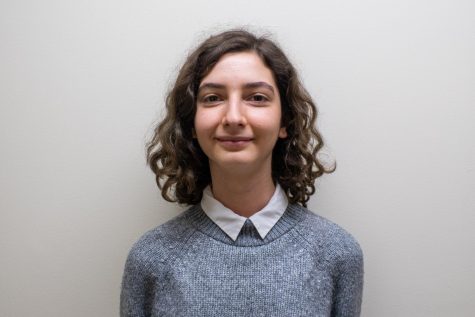OMA Hosts Racial Solidarity Network Program for the Third Year
For the third year in a row, Fordham’s Office of Multicultural Affairs (OMA) is hosting the Racial Solidarity Network program intended to improve racial relations in the Fordham community. This year, due to the COVID-19 pandemic, the program was held online over the fall semester over a span of two weeks.
According to its page on Fordham University’s website, one goal of the Racial Solidarity Network is to “Provide an opportunity for the Fordham community to increase empathy, awareness, and understanding around the complexities related to race and the unique lived experiences people share as racial and ethnic beings.”
Leigh Weber, assistant director of OMA, echoed this goal, explaining that the purpose of the Racial Solidarity Network for its participants and the Fordham community as a whole is to allow for staff, faculty and students to have discussions together on the subject of race relations.
Another important aspect of participation in the program, according to Weber, is the fact that participants identify themselves as people dedicated to understanding issues of race and furthering open dialogue within the community. This aspect of the Racial Solidarity Network is similar to the OMA’s LGBTQ and Ally Network of Support.
Held in both the spring and fall semesters since 2017, participants in the Racial Solidarity Network training receive content about the history of race in the United States, white privilege, identity development models, implicit bias in a variety of formats, including video, dialogue and this year, virtual resources, according to Juan Carlos Matos, assistant vice president for Student Affairs for Diversity.
Matos said that the curriculum of the program shifts slightly over every semester, with larger changes being instituted over the summer in accordance with feedback from participants at the end of the program.
“Participants can expect to learn about different races and ethnicities, cultural appropriation, microaggressions, intersections of identities and how they manifest in spaces and of course pathways to allyship,” said Weber. “A unique feature of this program is racial caucusing, which occurs during the beginning of week two. This is an opportunity for folks to engage in authentic conversations regarding their own identity with people who identify similarly.”
Regarding the increased emphasis on racial justice in many institutions following the events of summer 2020, Weber said though the OMA had already been working to keep the material of the program up to date and relevant for its participants, that the events of the past year were “even more of a push to include and center black voices and begin moving the program to incorporate an anti-racist framework.”
Matos said he believed that the increased focus on the Black Lives Matter movement this year positively impacted the number of participants in the program.
“While being virtual has made it more flexible for members of the Fordham community to attend the program, I have to believe that participating in a program like the Racial Solidarity Network provides one concrete way for someone to practice active allyship to combat racism and anti-Blackness,” he said.
Matos said OMA hopes that participants are able to connect the content and conversations from the program to their roles in the Fordham community.
“Each one of us needs to take ongoing steps to combat racism and anti-Blackness with the goal of making Fordham a better place, especially for historically underrepresented students,” he said.

Hasna Ceran is a junior double majoring in economics and Middle East studies. She began by writing the USG Column for Volume 101 and served as an Assistant...









































































































































































































